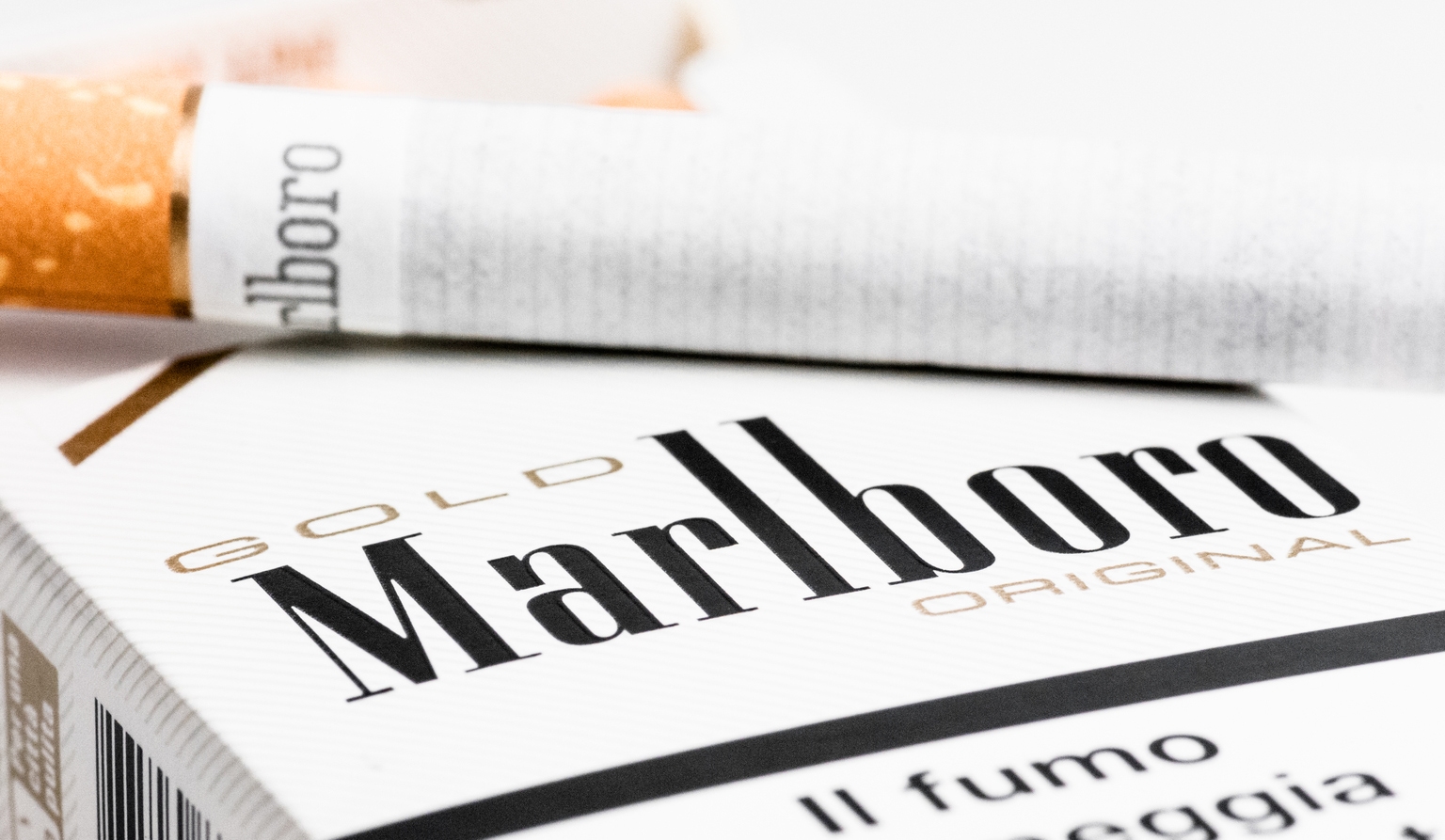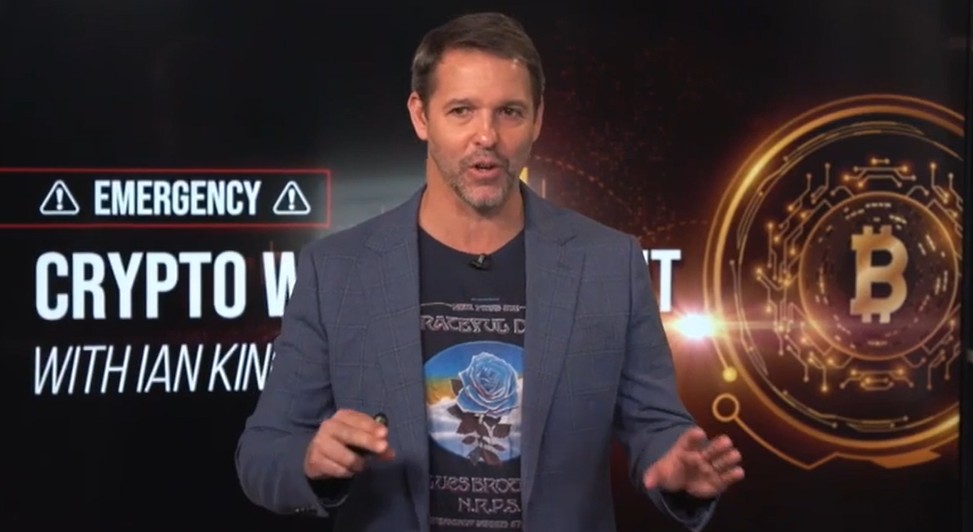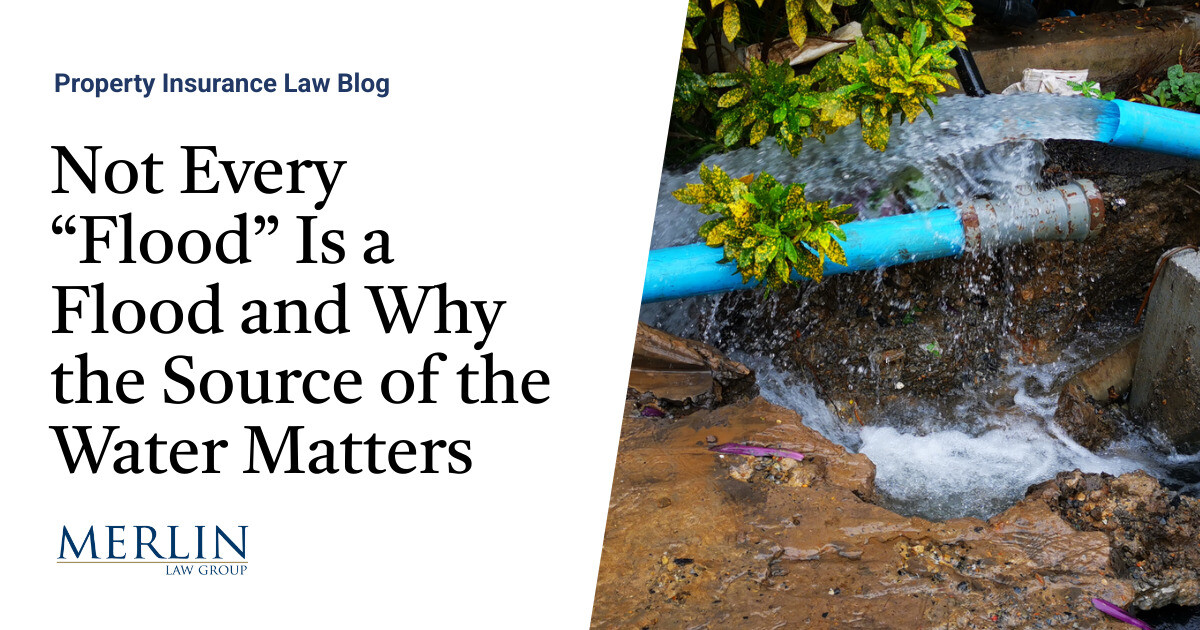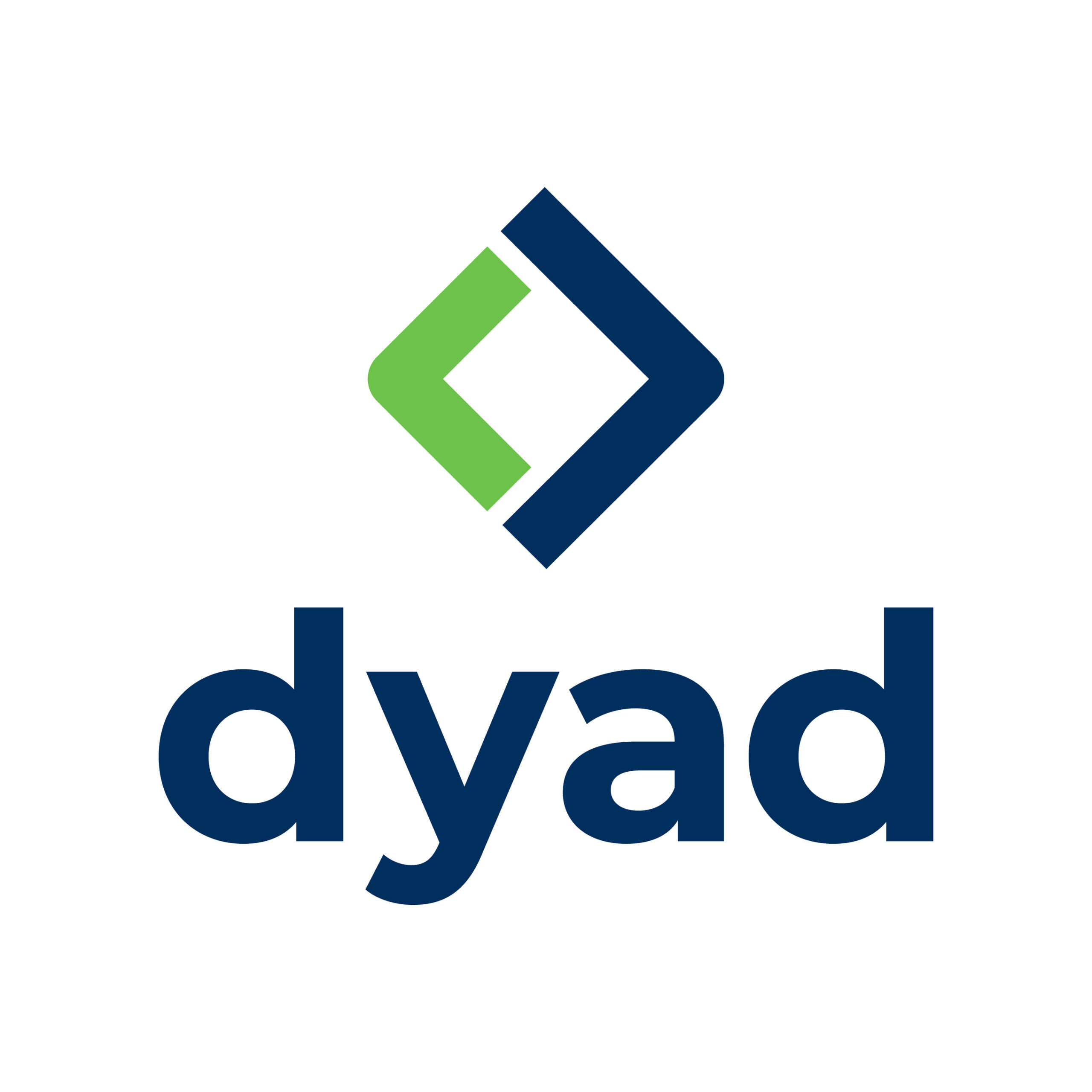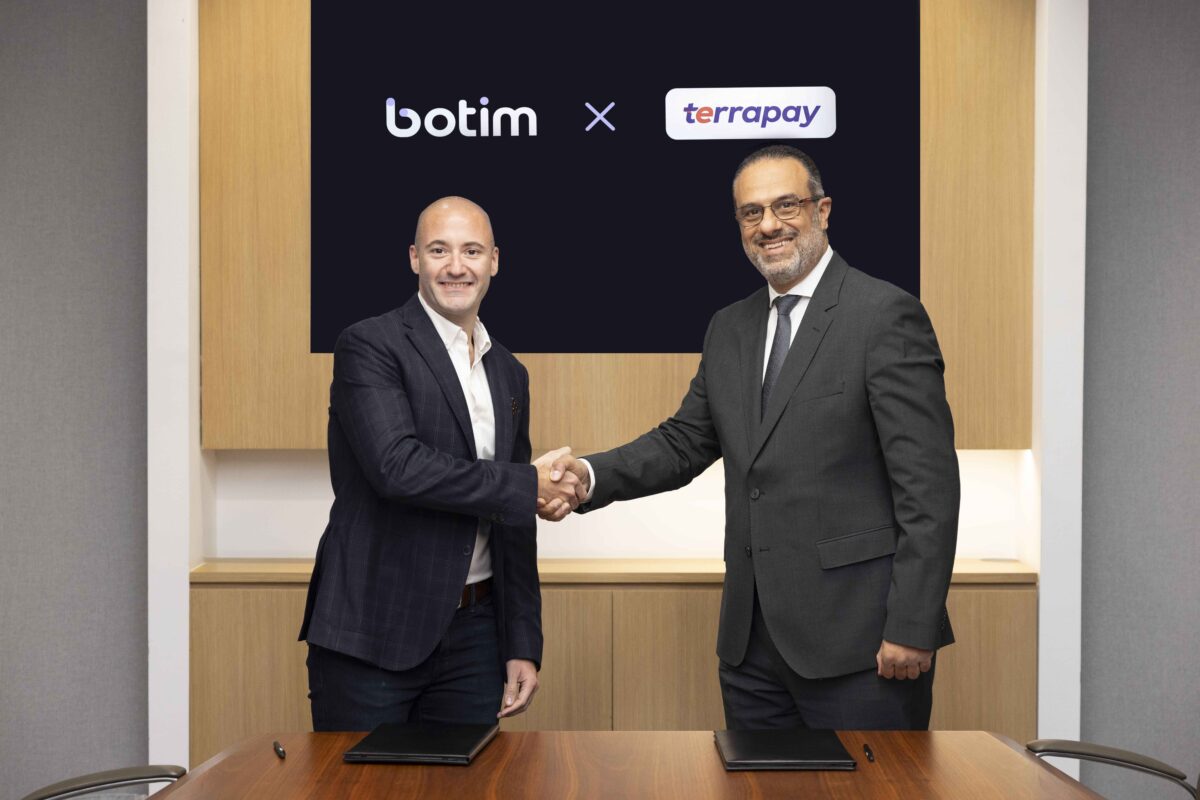By 2025, the Philippines-based Nickel Asia Corporation (NAC) aims to be among the top 25 companies listed on the Philippine Stock Exchange (PSE) by market capitalisation, as well as the top ESG investment in the country.
These are ambitious and sometimes self-contradictory goals for NAC as it approaches its 15th anniversary. Goals that most companies struggle with, as they attempt to balance profits with purpose. Addressing the apparent dichotomy, NAC CEO Martin Antonio Zamora said, “As CEO, there are no meaningful goals which are easily achieved. In everything we do, we must think of balancing our objectives to achieve our targets.”
Taking charge of the company shortly before the pandemic, Zamora’s tenure has seen him guide NAC through very tough times, while managing the expectations of both internal and external stakeholders. As a second-generation entrepreneur, one of his priorities is to professionalise NAC and accelerate its transformation from a mining-oriented conglomerate to a natural resources company. In pursuit of this goal, renewable energy is a huge focus via NAC’s subsidiary Emerging Power, Inc (EPI).
Zamora said, “During Covid-19, we established a four-year roadmap. Historically, we planned to a much shorter timeframe. That experience was extremely powerful — everyone in the company now knows our two goals.”
Working towards ambitious ESG targets
Formed after uniting four different operating companies under a single umbrella, NAC is currently the largest mining company in the Philippines, and among the largest global suppliers of lateritic nickel. With this leadership position comes a realisation of its social responsibility.
NAC has been adhering to measures outlined in the Annual Environmental Protection and Enhancement Program (AEPEP), a requirement of the Philippines Mining Act, since 1994. It has consistently won the presidential medal for its efforts in the space. Jose Bayani Baylon, senior vice president for corporate communications at NAC said, “It helps us inform stakeholders and regulators that we take our concern for the environment seriously.” For instance, NAC has policies to revive the land used in mining to as close as possible to what it was before. Baylon added, “I don’t think any other mining firm in the Philippines spends as much as we do on this — half a billion pesos or roughly $10 million this year. We not only adhere to the requirements but go beyond.”
 NAC is now gearing up for evaluation against stringent global benchmarks. The company audited its operations and was initially assessed in the ‘severe risk’ category by Sustainalytics. Baylon said, “No matter how unfavourable the rating, we wanted to know where we stood so that we could improve.”
NAC is now gearing up for evaluation against stringent global benchmarks. The company audited its operations and was initially assessed in the ‘severe risk’ category by Sustainalytics. Baylon said, “No matter how unfavourable the rating, we wanted to know where we stood so that we could improve.”
By March this year, NAC’s rating was at the lower end of high risk. By the end of this year, Nickel Asia hopes to move to the ‘moderate risk’ category, benchmarked against the world’s best mining operations. The journey has included many firsts such as adopting a sustainability board committee, a chief sustainability officer, an anti-bribery policy, and creating a roadmap for diversity and inclusion.
The embrace of ESG leaves NAC in a favourable position for green financing options. Andre Mikael Dy, vice president for treasury, IR and sales at NAC said, “The emergence of electric vehicles has positively impacted the narrative for nickel and its contribution to a greener society. We recognise the potential and have set our sights on ambitious targets to contribute to the Philippines new energy shift.” Dy believed the opportunity was on the debt as well as the equity side and said, “Being who we are and what we do is very helpful, because we can attract funds that only invest in green projects. It also is good for our market capitalisation to be in these industries.”
A stated commitment to ESG brings greater levels of scrutiny. Particularly for extractive industries, there is a sharp focus on ensuring that the targets are being met. Addressing these concerns, Dy said, “One must do mining the right way. Our track record speaks for itself. We have numerous awards and recognition for our mine sites.”
Helping the transition to renewable energy
 Alongside its embrace of ESG, NAC has played a pioneering role in bringing renewable energy to the Philippines, having moved into the space in 2015 with an initial 66% stake in EPI, which has now increased to 86.29%. The company built a largescale solar plant at a time when renewable energy was yet to garner mainstream attention. Besides planet-friendly reasons, the shift was driven by practical considerations. Given the volatility surrounding the price of nickel, diversifying the revenue stream was an imperative.
Alongside its embrace of ESG, NAC has played a pioneering role in bringing renewable energy to the Philippines, having moved into the space in 2015 with an initial 66% stake in EPI, which has now increased to 86.29%. The company built a largescale solar plant at a time when renewable energy was yet to garner mainstream attention. Besides planet-friendly reasons, the shift was driven by practical considerations. Given the volatility surrounding the price of nickel, diversifying the revenue stream was an imperative.
NAC anticipated a move towards renewable energy within the Philippines, which has subsequently been borne out by the country’s ambitious targets. From the current 20%, the target is 35% by 2035. With several legacy power plants approaching the end of their lifecycle, NAC has bet on the shortfall being met by renewable energy. EPI has signed a partnership with Shell in 2022 which entails jointly developing, owning, and operating onshore renewables projects in the Philippines — the capacity being targeted is 1 GW by 2028; with an ambition to scale up to 3 GW.
The roadmap for NAC
The plans for the immediate future include growing the mining portfolio. NAC recently added three mines with due diligence underway on a fourth. Zamora said, “We also have a copper and gold portfolio. We hope to accelerate the development of those mines.” He added, “We want to increase the liquidity of our shares, via investor relations programs, and possibly increase the float of our shares.”
The transition from a mining conglomerate to a company focused on natural resources has earned NAC several plaudits including winning top honours for best basic materials company in the Philippines at the FinanceAsia awards.
Assuming NAC achieves its twin goals of being among the top 25 by market cap in the PSE and becoming a leading ESG investment within the 2025 timeframe, Zamora would like to see it target the top 5 on the PSE. On the ESG front, he said, “If we become the top company by 2025, we would like to be known for our social work and develop a niche for advocacy. We have not decided on the specifics, but it should result in a largescale impact for our communities and the country.”
¬ Haymarket Media Limited. All rights reserved.









